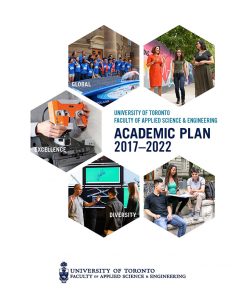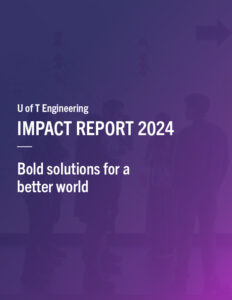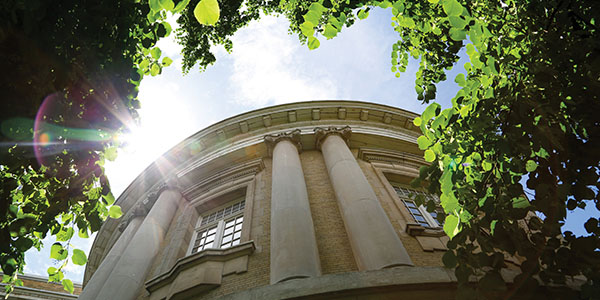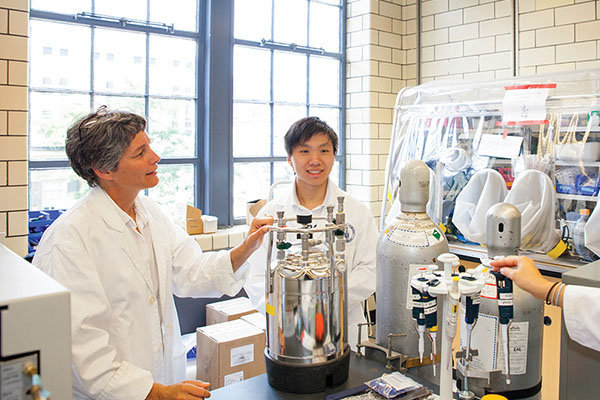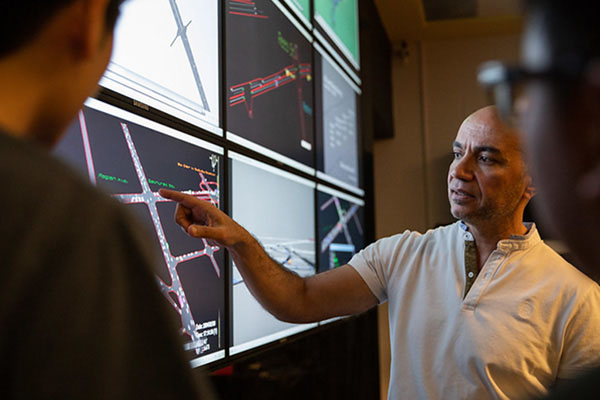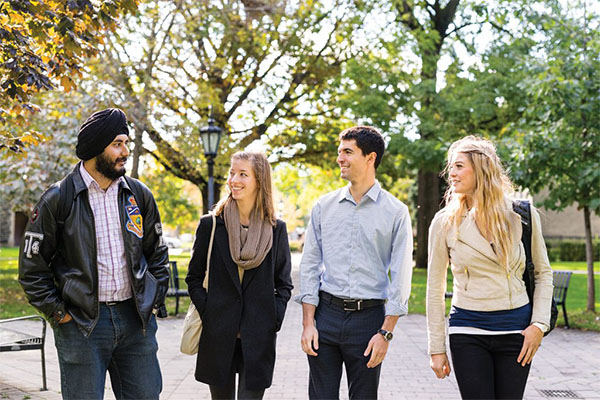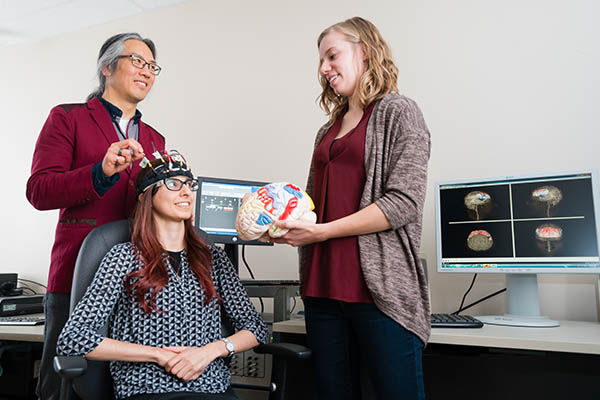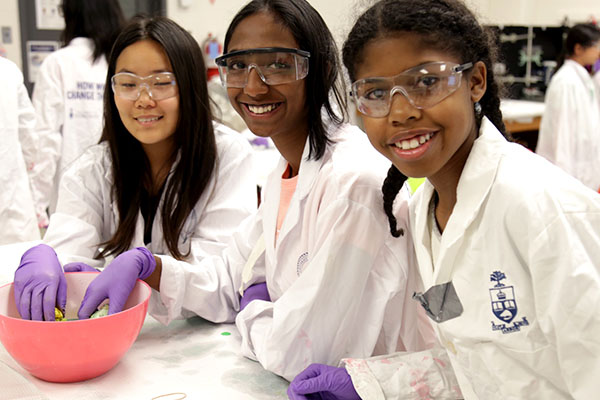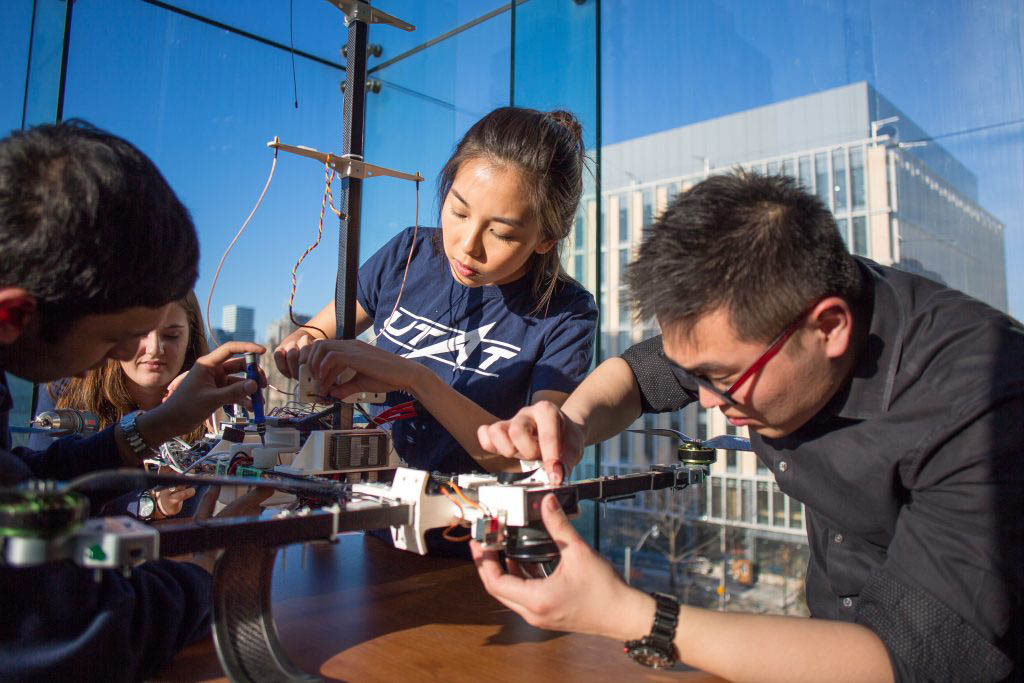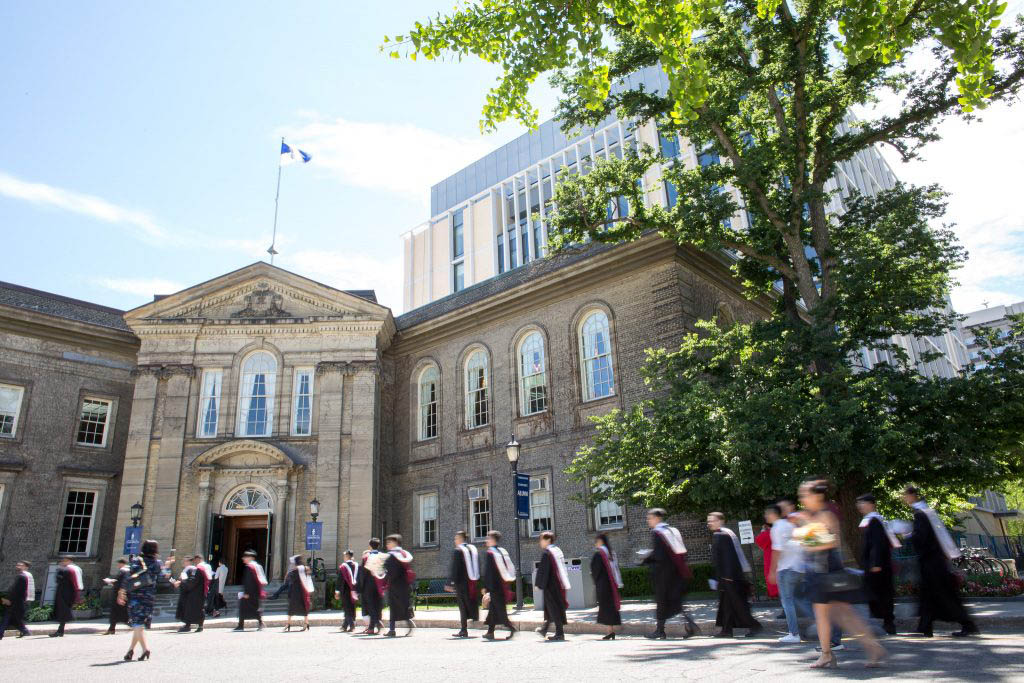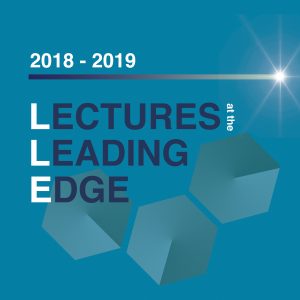 JOHN LIENHARD, Massachusetts Institute of Technology
JOHN LIENHARD, Massachusetts Institute of Technology
Thermodynamics and transport in desalination systems engineering
The world’s renewable fresh water supply may be considered to be the difference between precipitation over land and evaporation; and this supply is essentially fixed while world population has risen sharply and the water demands of growing economies continue to rise. As a result, water scarcity is an increasing problem throughout the world, with water shortages impacting both rural and urban populations and with substantial environmental damage as a result of water diversions for human use.
Desalination has been deployed worldwide to expand the supply of freshwater, especially for coastal populations, and its use has increased rapidly, with roughly 90 million m3/day of capacity now installed. The cost and lifetime of plants has also improved steadily. But concerns remain about the energy consumption and costs of desalination. In this talk, we will discuss research directed at understanding the causes of energy inefficiency in various desalination processes and efforts to adapt concepts from thermal systems engineering to improve the design of both thermal and membrane desalination systems. Topics to be discussed include thermodynamic and heat and mass transfer phenomena in various desalination technologies, with examples drawn from reverse osmosis, humidification-dehumidification, forward osmosis, membrane distillation, and the remediation wastewater from oil and gas production. Prospects for renewable energy integration will also be considered.
John Lienhard is the Abdul Latif Jameel Professor of Water at MIT. During three decades on the MIT faculty,Lienhard’s research and educational efforts have focused on heat and mass transfer, water purification and desalination, and thermodynamics. Lienhard received his bachelors and masters degrees in thermal engineering at UCLA from the Chemical, Nuclear, and Thermal Engineering Department. He joined MIT immediately after completing his PhD in the Applied Mechanics and Engineering Science Department at UC SanDiego. Lienhard’s research on desalination has included humidification-dehumidification, membrane distillation, forward and reverse osmosis, nanofiltration, electrodialysis, management of high salinity brines, fouling, energy efficiency, and remediation of wastewater from oil/gas operations. Lienhard has directly supervised more than 85 graduate theses and postdoctoral associates, and he is the author of 200 peer-reviewed publications and three textbooks. In addition, he holds more than 40 US Patents and pending applications, many of which have been commercialized in the water industry. Lienhard is a recipient of the 2012 ASME Globalization Medal and the 2015 ASME Heat Transfer Memorial Award. Lienhard and his students have received thirteen best paper and poster awards for their desalination research over the past seven years.
Wallberg Memorial Building, Room 116

